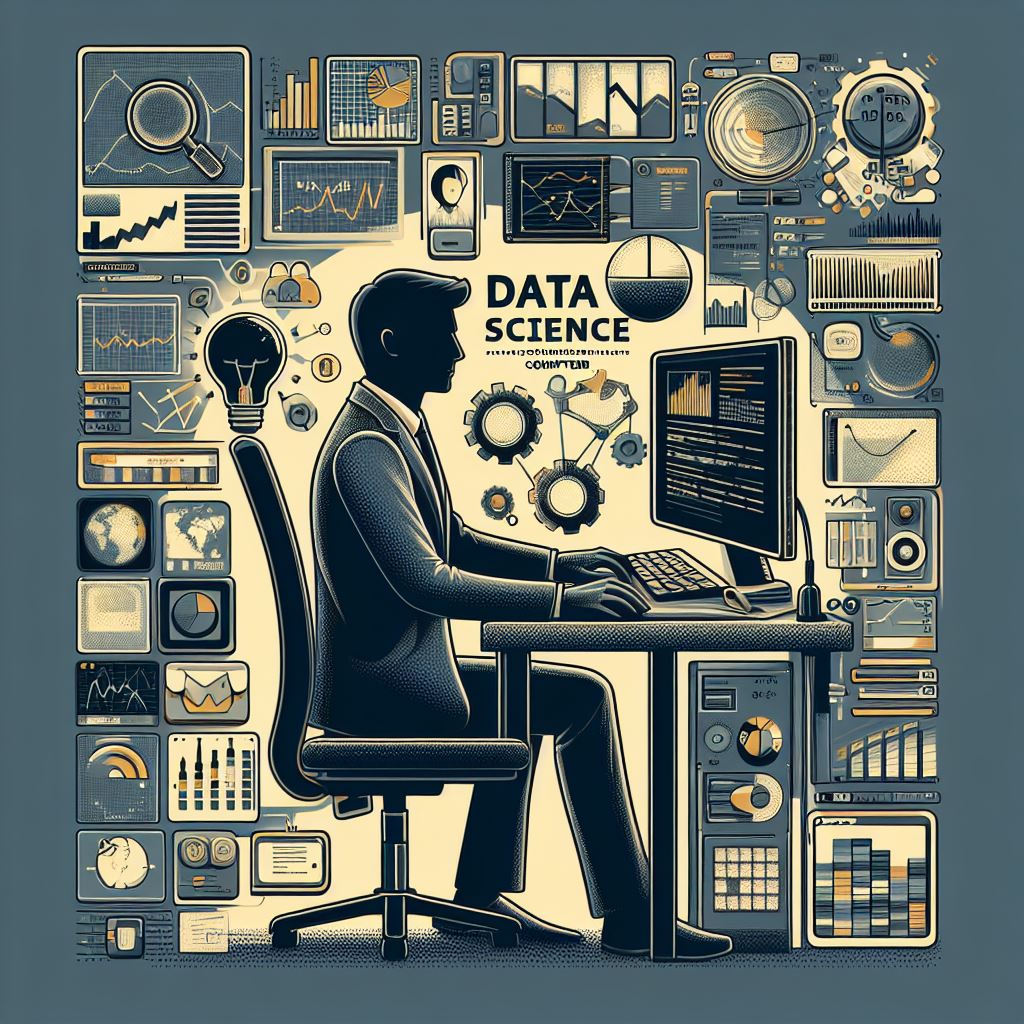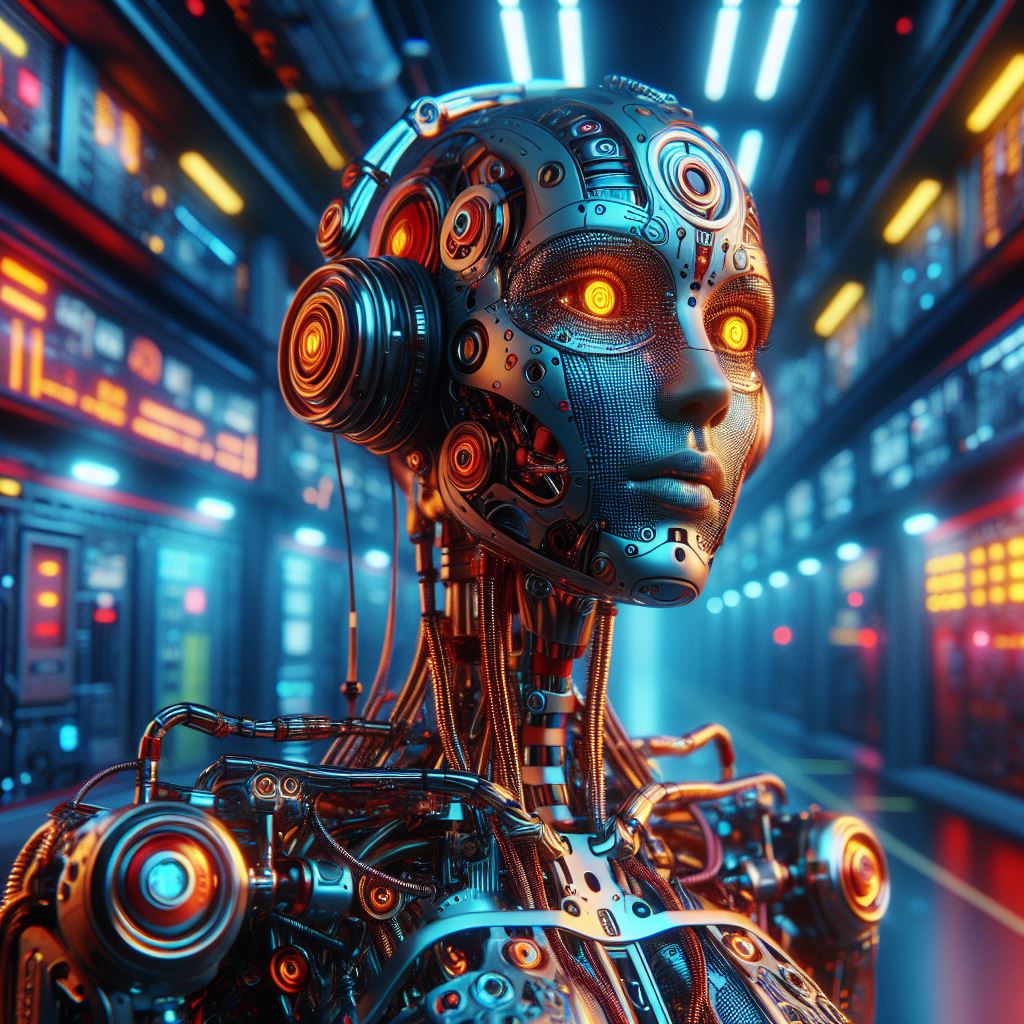In recent years, Machine Learning (ML) has emerged as a groundbreaking technology in the healthcare sector, offering transformative solutions for diagnosis, treatment, and patient care. By harnessing the power of data, ML algorithms can analyze vast amounts of medical information to uncover patterns, predict health trends, and assist in decision-making. From personalized medicine to automated diagnostics, healthcare ML applications are revolutionizing the way medical professionals deliver care and improving overall patient outcomes.
1. Predictive Analytics for Disease Diagnosis
One of the most prominent applications of ML in healthcare is predictive analytics. ML models can be trained on historical medical data to identify early warning signs of diseases, enabling healthcare providers to detect conditions before they become life-threatening. For example, ML algorithms can analyze imaging data to detect cancerous tumors in their early stages, significantly improving survival rates. Additionally, predictive models can forecast the likelihood of diseases such as diabetes, heart disease, and Alzheimer’s, allowing for proactive interventions and better management of chronic conditions.
2. Personalized Treatment Plans
Machine learning has revolutionized the concept of personalized medicine, allowing healthcare providers to tailor treatments to individual patients based on their genetic makeup, lifestyle, and health history. By analyzing a patient’s unique data, ML algorithms can recommend the most effective treatments, reducing the trial-and-error approach often seen in traditional healthcare. This leads to better patient outcomes, reduced side effects, and more efficient use of healthcare resources.
3. Automated Medical Imaging
Medical imaging, such as X-rays, MRIs, and CT scans, plays a crucial role in diagnosing a wide range of health conditions. ML-powered image recognition algorithms can analyze medical images more quickly and accurately than human doctors in some cases. These AI-based systems can detect abnormalities like fractures, tumors, and infections, helping radiologists identify issues with greater precision. As a result, patients receive quicker diagnoses, and healthcare systems can reduce workloads and costs associated with manual image interpretation.
4. Drug Discovery and Development
The process of drug discovery and development is both time-consuming and expensive. ML applications are significantly speeding up this process by predicting how different chemical compounds will interact with target molecules. By analyzing vast datasets of biological and chemical information, ML algorithms can identify promising drug candidates more quickly and accurately. This not only reduces the time it takes to bring new drugs to market but also lowers the costs associated with research and development.
5. Healthcare Robotics
Healthcare robotics powered by ML is another exciting application in the industry. Robots equipped with advanced algorithms can assist in performing complex surgeries with high precision. Additionally, robotic systems can help with patient rehabilitation, offering personalized exercises based on a patient’s condition and progress. These robots are able to learn from data and adapt their actions, enhancing the efficiency and effectiveness of treatment plans.
6. Virtual Health Assistants
Virtual assistants powered by machine learning, such as chatbots and AI-driven telemedicine platforms, are transforming how patients access healthcare. These digital assistants can provide medical advice, schedule appointments, remind patients to take their medications, and even offer mental health support. ML algorithms improve these virtual assistants over time, ensuring more accurate responses and better user experiences. This technology not only enhances patient engagement but also helps reduce the burden on healthcare professionals.
7. Streamlining Administrative Tasks
ML is also improving the administrative side of healthcare. Tasks such as billing, insurance claims processing, and patient record management can be automated using ML algorithms. This reduces human error, speeds up operations, and allows healthcare providers to focus more on patient care. ML systems can also help manage hospital resources more efficiently by predicting patient admission rates and optimizing staffing schedules.
Conclusion:
Machine learning is quickly becoming an indispensable tool in healthcare, offering a wide range of applications that improve patient care, optimize treatment plans, and streamline operations. As technology continues to evolve, the potential for ML in the healthcare sector is limitless, promising even more advanced and personalized healthcare solutions in the future.


